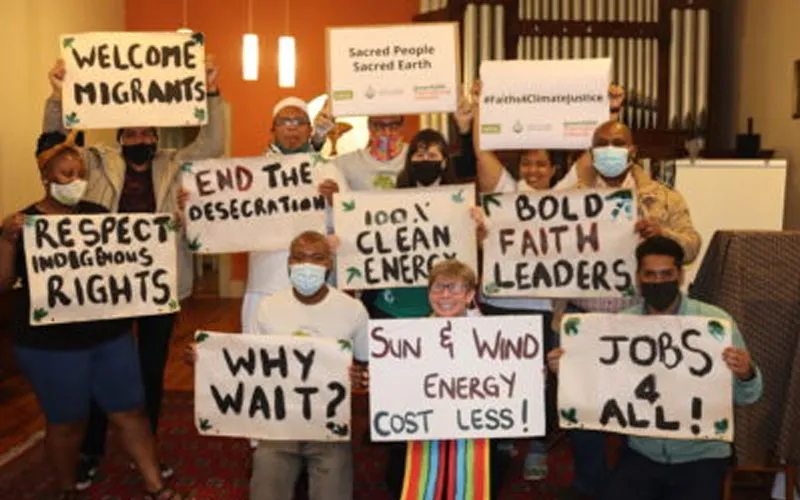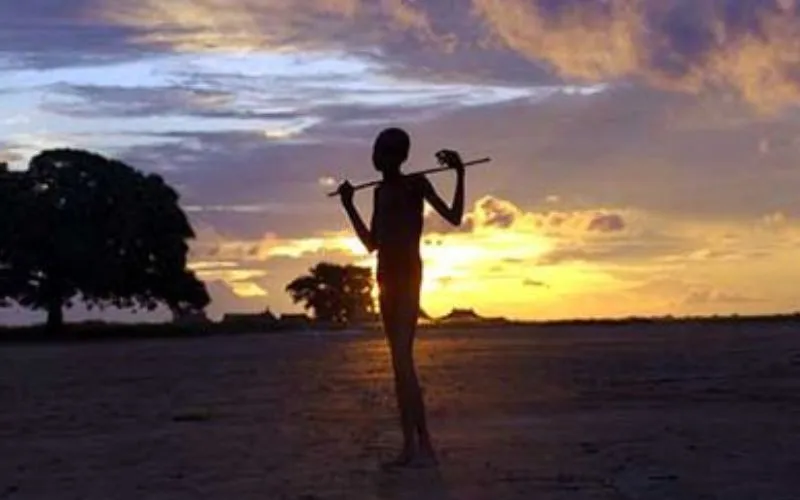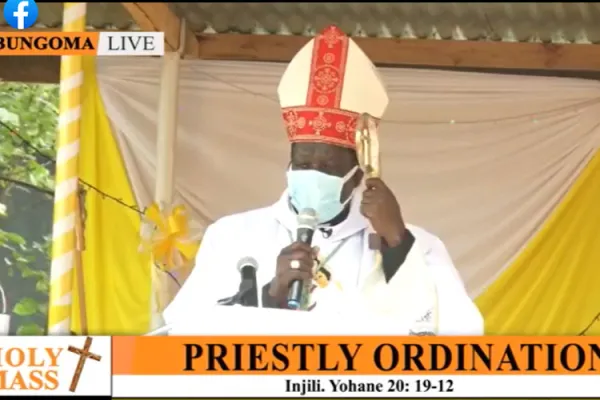Governments, they further say, “must enact policies and regulations that ensure: Universal access to clean, affordable energy, especially for the 840 million people who lack access to electricity, rapid expansion of affordable public transport, retrofitting of buildings for energy efficiency and on-site renewable energy."
Governments also need to put in place legal provisions that ensure sustainable food systems and eliminate the use of toxic chemicals, they say.
The religious leaders also call on governments to "ensure the protection of the rights of Indigenous communities and environmental defenders, on whose security healthy ecosystems rely.”
Governments, they say, also need to end subsidies for fossil fuels and "provide for a just transition for jeopardized workers and communities through improved healthcare, job training and placement and other supportive measures."
Addressing themselves to individual persons, the high-level religious leaders say, “Each person carries a divine spark, unique gifts, and a moral responsibility to make one’s life a blessing for the Earth and all people.
(Story continues below)
They call upon individual persons to use renewable energy and to adopt "largely or entirely plant-based diet."
The faith-based leaders add that individuals can "travel sustainability, on foot, by bicycle, and by mass transit, avoiding car travel and flying to the greatest degree possible."
Individual persons also need to divest fossil fuel and "invest in enterprises creating a sustainable future, and conduct our banking through institutions whose ethics reflect our values," the religious leaders say.
They further call on every person to join "collective efforts to work for climate and environmental justice."
On their part, the faith leaders vow to be “models of environmental leadership, utilizing our rituals, religious education, facilities, and the public voices of our spiritual leaders, members and followers.”
They also "pledge to power our own facilities with 100% renewable energy where possible and as soon as possible in order to provide a positive moral example, on a schedule consistent with preserving a 1.5°C future."
"We will move purposefully towards sustainable, largely plant-based dietary practices in our religious schools, houses of prayer and worship, clinics, and our other institutions," the high-level faith-based leaders say, and promise to "align our investments with our values by moving to end support for the fossil fuel and industrial agriculture/agribusiness sectors and the banks that finance these industries."
The religious leaders also promise to invest in climate solutions and encourage the people under their care to participate in transforming the earth through advocacy, education, job training and other means.
Magdalene Kahiu is a Kenyan journalist with passion in Church communication. She holds a Degree in Social Communications from the Catholic University of Eastern Africa (CUEA). Currently, she works as a journalist for ACI Africa.








